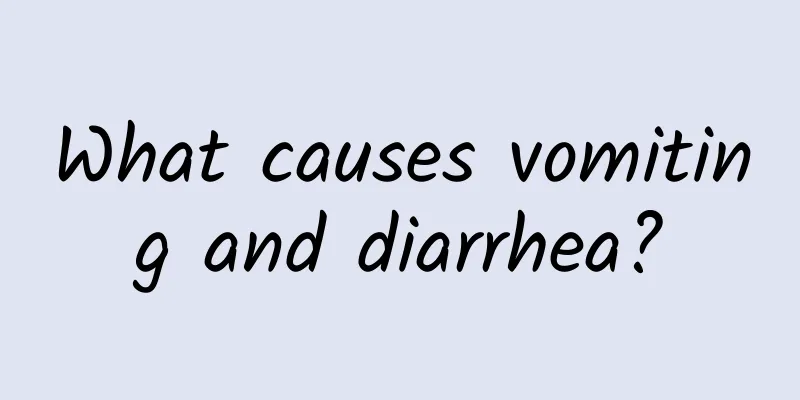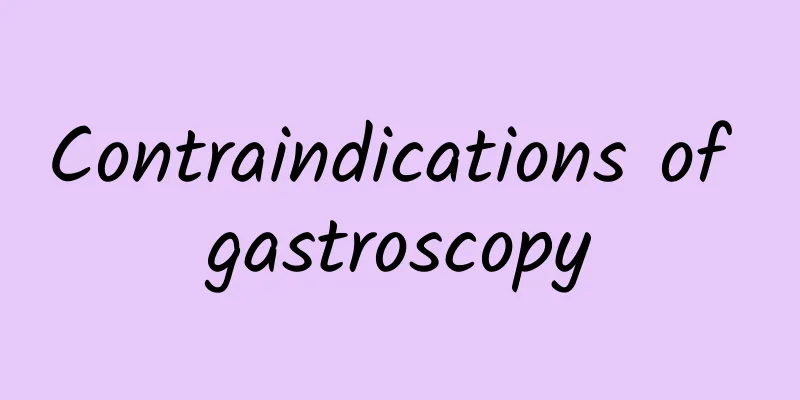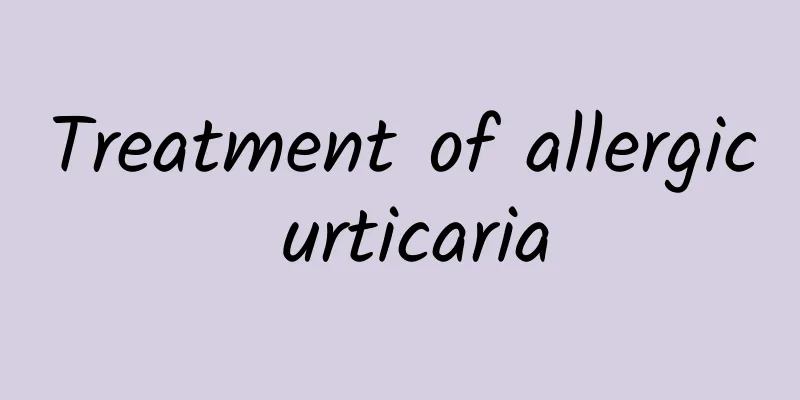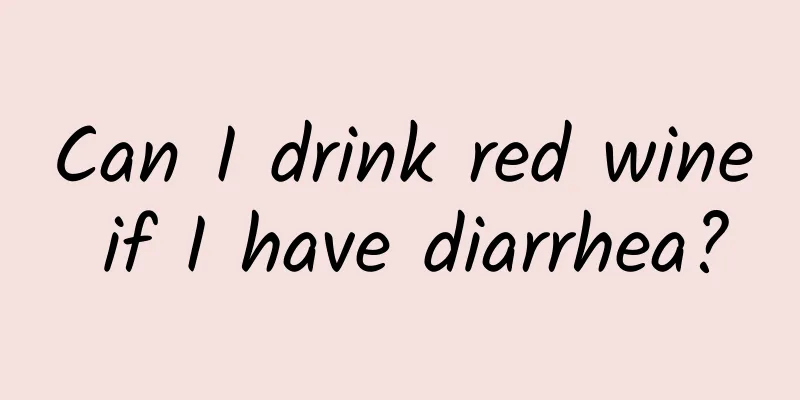Can I stop taking medication for depression?

|
If you have been diagnosed with depression, you must go to the hospital in time for psychological and drug treatment. Drug therapy is a common method of treating depression and can play a good role, but some patients with depression may be at risk of discontinuing medication, which is related to their psychological factors. Therefore, family members must pay attention to the medication use of patients with depression. So, can depression medication be stopped? 1. The prerequisite for stopping medication is standardized and effective full-course treatment Drug treatment for mental illness is different from that for headaches and colds. You cannot stop taking the medicine immediately after the symptoms improve, because depression, anxiety, bipolar disorder, schizophrenia, etc. have high recurrence rates. More than 50% of patients will have a second attack, and 75%-80% of patients will have multiple attacks. In order to minimize the risk of relapse, psychiatrists generally advocate adequate and full-course treatment, namely acute treatment, recovery treatment, and maintenance treatment. Acute phase treatment: about 8-12 weeks. The main goal of this stage is to basically eliminate symptoms through medication, promote the recovery of damaged functions, and achieve clinical cure. Psychotropic drugs take a long time to take effect, so you should pay attention to taking them consistently. If you stop taking them at this stage, it will easily aggravate the condition. Recovery period treatment: about 4-9 months. The treatment plan in this stage is basically the same as that in the acute period, but attention should be paid to whether there are "residual symptoms", including physical discomfort, sleep disorders, cognitive dysfunction, etc. No obvious residual symptoms indicate a good recovery. If there are obvious residual symptoms, long-term treatment should be received. Maintenance treatment: Patients with first-time relapse need maintenance treatment for 6-12 months, second-time relapse requires 3-5 years, and patients with more than three relapses should take long-term medication. Therefore, in order to recover faster and better, it is crucial to adhere to standardized treatment. 2. How to deal with drug withdrawal reactions? Withdrawal reactions are a common problem encountered during the drug withdrawal process. The withdrawal reactions of psychiatric drugs are complex and varied. Common ones include dizziness, nausea, insomnia, numbness, imbalance, gastrointestinal symptoms, etc. Most patients have mild withdrawal reactions, which will gradually disappear after 1-2 weeks, but a small number of patients are troubled by withdrawal reactions for a long time. To prevent withdrawal reactions, everyone should be careful not to stop the medication suddenly, but reduce the dosage slowly under the guidance of a doctor. Some studies have suggested that reducing the dosage by 1/4 each week is a safer approach, which means it takes a total of four weeks to completely stop the medication. Some researchers also advocate a 6-8 week discontinuation period. |
<<: Why do I always feel pain around my belly button?
>>: Can people with mania have children?
Recommend
Is it okay to boil Chinese medicine all at once?
Traditional Chinese medicine is one of the ways p...
What is the reason for the black line in the philtrum?
The black line on the philtrum may be caused by p...
Pericardiocentesis site
Pericardiocentesis is a common examination and tr...
Anal discharge
The symptom of anal secretion is mainly caused by...
Why does taking folic acid cause yellow urine?
When women are preparing for pregnancy or during ...
What causes arm numbness when sleeping on the side?
We all have this feeling: when we sleep, especial...
Symptoms of thoracic vertebra herniation, common symptoms tell you
Nowadays, the disease of prominent chest has beco...
What are the symptoms of vulvar leukoplakia?
Vulvar leukoplakia is the most common disease in ...
Rubella virus antibody positive
If a person is infected with the rubella virus, i...
How to treat foot gout? Traditional Chinese medicine has methods for treatment
Gout is a relatively common joint disease. When g...
Causes of pain in the second finger joint
Many times, some people suffer from joint pain du...
Can otitis media cause deafness? How to treat it with traditional Chinese medicine
Otitis media is a common ear disease. Generally s...
Why does my chest hurt when I touch it?
Breasts are vital organs for female friends. If t...
What causes itchy tear glands?
The lacrimal gland is an important part of our bo...
Rehabilitation after Achilles tendon surgery
Rehabilitation training after Achilles tendon sur...









